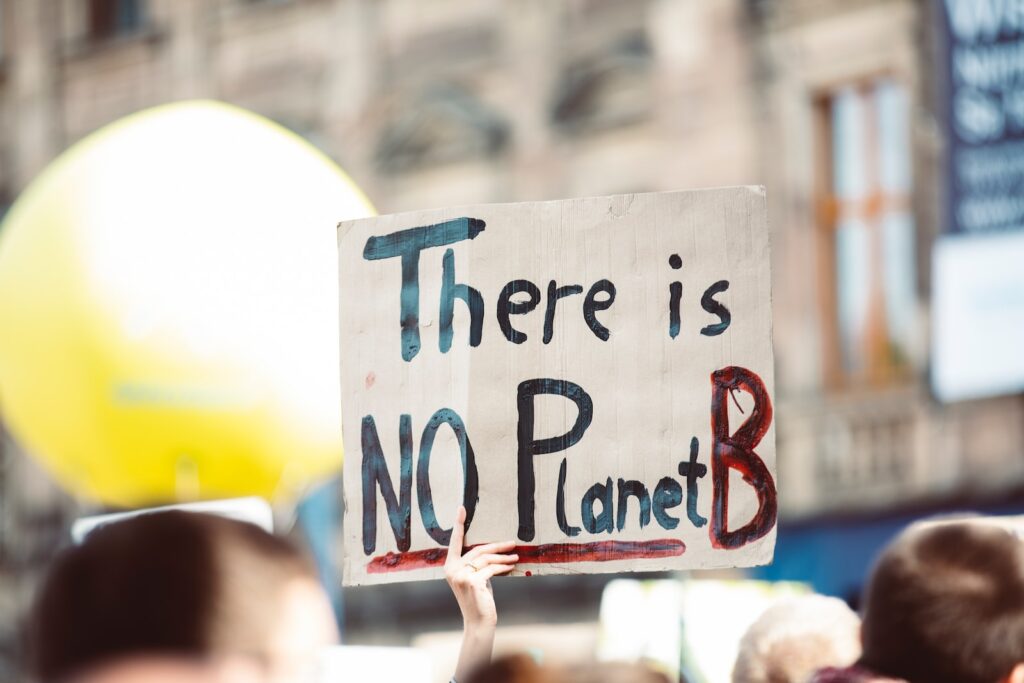Takeaways from the first three days of COP27
As COP27 in Egypt’s Red Sea resort of Sharm El Sheikh enters its fourth day, we look back at its first days and stories you might have missed.
The gathering of around 100 world leaders for two days of speeches and their annual year book photo at the start of COP27 raised several questions for those watching on. How can the needs of women and the young be adequately represented when so many national leaders are men of a certain age? Will the absence of Russian President Vladimir Putin and his country’s international isolation after its invasion of Ukraine help or hinder the fight against climate change? With the conference nicknamed ‘Africa’s COP,’ will nations in the global south finally get the voice (and cash) they have been seeking for the last three decades of climate negotiation?
The latter question was hit head on by UN Secretary General António Guterres as he addressed the assembled leaders. He called for a ‘historic pact between developed and emerging economies’, while declaring that at present the planet was ‘on a highway to climate hell.’ He went on ‘we can sign a climate solidarity pact, or a collective suicide pact.’

His strong words didn’t end there, as he called on ‘all governments to tax the windfall profits of fossil fuel companies.’ He and leaders from the global south point out these companies are largely responsible for the climate crisis. Hage Geingob, President of Namibia, said poorer nations were the ‘victims’ of the world’s largest emitters of greenhouse gases, who he described as ‘criminals.’
The idea of climate finance or ‘loss and damage’ renumeration is on the official agenda for the first time at COP27, although it forms part of the Paris Accords signed at COP21 in 2015. Article 9 of the agreement states that developed nations will provide financial assistance to developing nations for ‘mitigation and adaptation’ against climate change.
It is the global south suffering most of the impacts of climate change to date. This year alone has seen deadly floods from Nigeria to Pakistan and a drought in the Horn of Africa threatening the lives of more than 20 million people. The ability of these nations to pull themselves out of poverty is also hampered if they are not allowed to use fossil fuels to industrialise like the developed world did.
In her speech to the conference Mia Amor Mottley, Prime Minister of the Caribbean island of Barbados, was referencing the transatlantic slave trade when she said ‘we were the ones whose blood, sweat and tears financed the industrial revolution. Are we now to face double jeopardy by having to pay the cost as a result of those greenhouse gases from [it]?’
Activists point out that since oil prices jumped with the Russian invasion of Ukraine in February 2022, the biggest seven privately-owned oil companies in the world have made $173 bn. The target to give $100 bn annually to developing nations to combat the effects of climate change has been pushed back to 2023 from 2020.
Meanwhile, a new UN-backed report by economist Nicholas Stern was published on Tuesday stating developing countries would need $2 tn annually for mitigation and adaptation against climate change by 2030 – just seven years away.
Elsewhere, the EU, UK, US and 24 other nations launched the Forests and Climate Leaders’ Partnership (FCLP). The aim of the partnership is to bring together governments, businesses and pressure groups to keep a spotlight on the commitments made on reversing deforestation and land degradation at COP26 in Glasgow. The success of the commitments is seen as key to reducing future carbon emissions and helping countries to adapt.
Finally, away from the main conference halls, pressure is building on host Egypt’s human rights record and its treatment of political activist Alaa Abd el-Fattah. A dual British-Egyptian national, he was imprisoned for ‘sharing fake news’ – a Facebook post – for five years in December 2021. He has been on a hunger strike since April 2022 and began refusing liquids when the summit began on Sunday.
Photo by Markus Spiske















